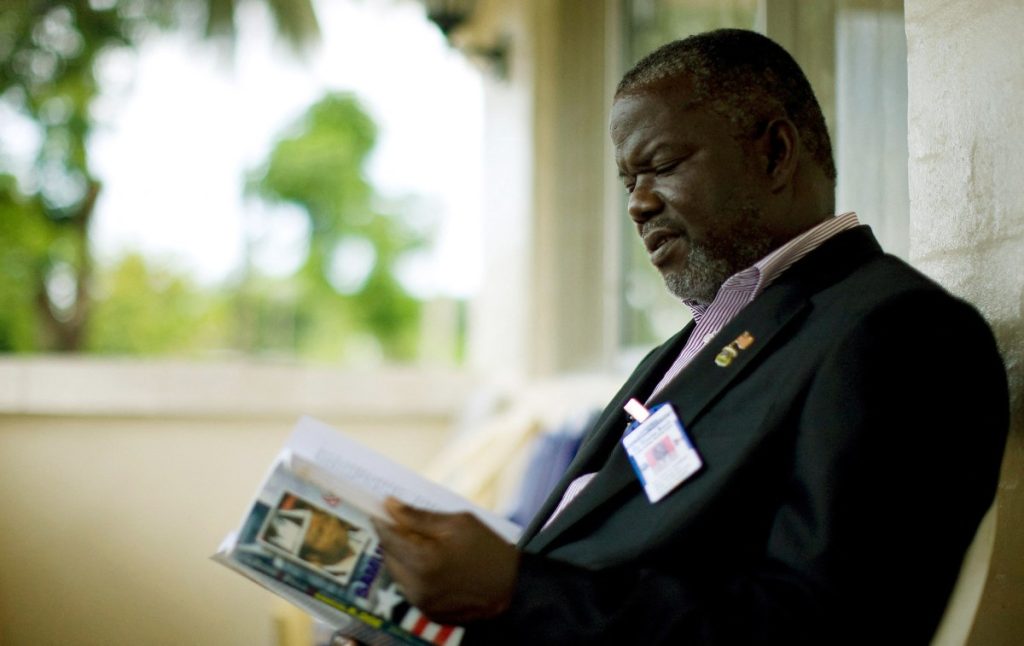Prince Johnson, a notorious former Liberian warlord who played a central role in the country’s brutal civil wars, has died at the age of 72. Johnson passed away on Thursday at the Hope for Women health clinic, according to officials from his political party and the Liberian Senate.
A polarising figure, Johnson was infamously captured on video drinking beer while his fighters tortured then-President Samuel Doe to death in 1990. The chilling footage marked the height of Liberia’s descent into chaos, as the civil wars claimed around 250,000 lives and devastated the nation’s economy.
Despite his violent past, Johnson transitioned into politics, becoming an influential senator and leader of the Movement for Democracy and Reconstruction party. “Senator Johnson was the longest-serving senator,” noted Siaffa Jallah, deputy director of press at the Senate. News of his death brought dozens of supporters to his residence, where they gathered to mourn.

Born in the northern Nimba region, Johnson initially allied with Charles Taylor during the civil war before breaking ranks and going into exile in Nigeria for 12 years. Upon returning to Liberia in 2004, he rebranded himself as a preacher and advocate for reconciliation. However, his legacy remained contentious.
Prince Johnson was one of eight warlords the Liberian Truth and Reconciliation Commission recommended for prosecution in a special tribunal established in 2006. However, these recommendations were never enacted. Although he initially opposed the creation of a war crimes court, Johnson briefly expressed support in 2023 before retracting his stance, calling the idea “trouble for the country.”
A father of 12, Johnson continued to wield significant influence in Liberian politics. In the 2011 presidential election, he garnered 11.4% of the vote, finishing third. He surprised many in 2017 by securing over 8% in the first round and subsequently supporting George Weah, who won the presidency. However, in the 2023 election, Johnson shifted his allegiance to Joseph Boakai, helping secure a vice presidential position for his relative, Jeremiah Koung, in Boakai’s administration.
Throughout his life, Johnson remained unapologetic about his wartime actions. While campaigning for the presidency in 2011, he said, “I cannot be sued. I have done nothing criminal… I fought to defend my country, my people.” He framed his political career as proof of personal transformation, saying, “There are circumstances that change people. I have changed; my actions prove it.”
Prince Johnson’s death marks the end of a controversial chapter in Liberia’s history, leaving a legacy that continues to spark debate over justice, accountability, and reconciliation in a nation still grappling with the scars of its violent past.


